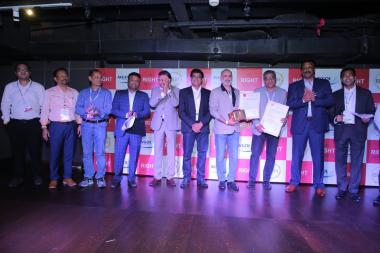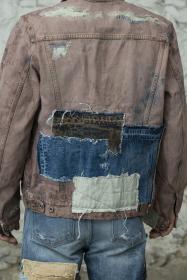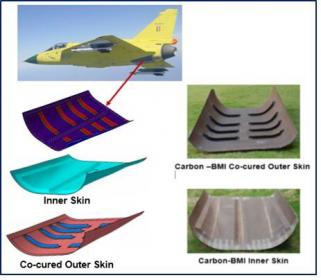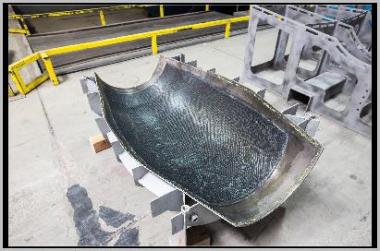GOTS raises requirements for certified gins
To further advance the system, the Global Organic Textile Standard (GOTS) is significantly raising the requirements for GOTS-certified gins, to ensure transparent and traceable processing for organic textiles from field to finished product:
- GOTS is introducing a compulsory farm-gin registry for all farms and farm groups whose certified raw material enters the GOTS system, including information on farm yields. The registry will be implemented progressively, starting in India.
- Raw cotton is not allowed to travel more than 500 km from the farm to the certified gin. The shorter trade chain protects vulnerable points and optimises the process for buyers.
- Increase of unannounced audits of gins where there is a high perception of risk.
These new requirements are added to the numerous checks and balances which are already performed throughout every processing stage. Seed cotton entering the GOTS supply chain is tested for the presence of genetically modified organisms according to the applicable ISO protocol. GOTS-approved Certification Bodies (CBs) include further testing (such as pesticide residue) and are fully authorised to reject material that does not meet GOTS requirements. Additionally, before certification bodies issue a Transaction Certificate (TC), GOTS requires that a thorough assessment takes place, including a plausibility check in the form of volume reconciliation.
To strengthen integrity and traceability, GOTS also stipulates that the Farm TC number appears on the first GOTS TC at the ginning plant, which is the first step for cotton in the GOTS supply chain. The TC must state the origin for raw material, including region, state, and province. This effectively traces material back to the field and adds another layer of accountability to GOTS-certified fibre. It also supports all buyers in their purchasing decisions.
GOTS is not only improving its own system but also coordinating efforts with other key players to support the integrity of organic textiles. As GOTS provides certification of first processing stages to Textile Exchange's Organic Content Standard (OCS), GOTS and TE discussed new requirements for OCS while they were being developed. GOTS supports these requirements as they provide a dual protection shield for materials entering the GOTS or OCS supply chains, at the same time maintaining necessary data privacy. The new requirements will help increase traceability and transparency throughout the organic textile sector which are among the main objectives of GOTS. There are no changes necessary to the requirements of GOTS regarding any of the new OCS rules.
The Global Organic Textile Standard (GOTS)

















































